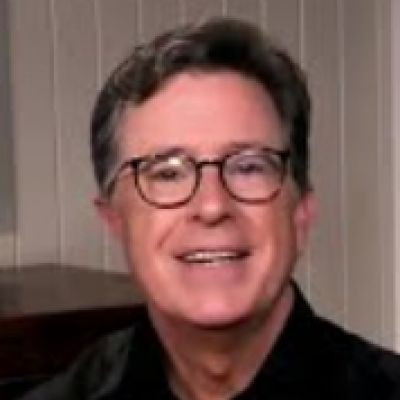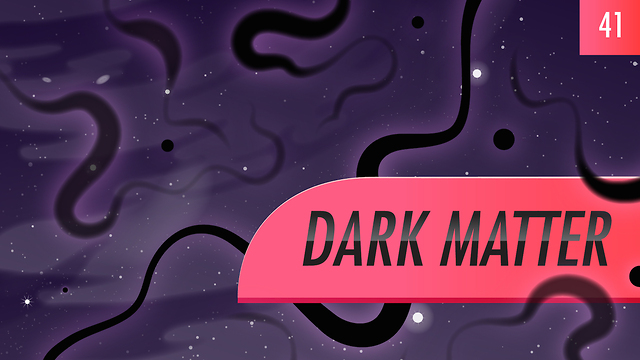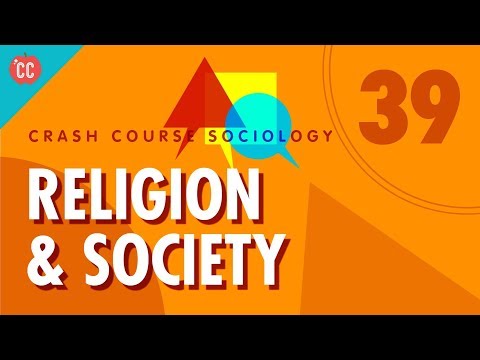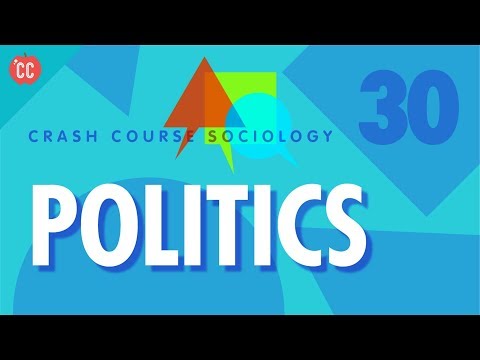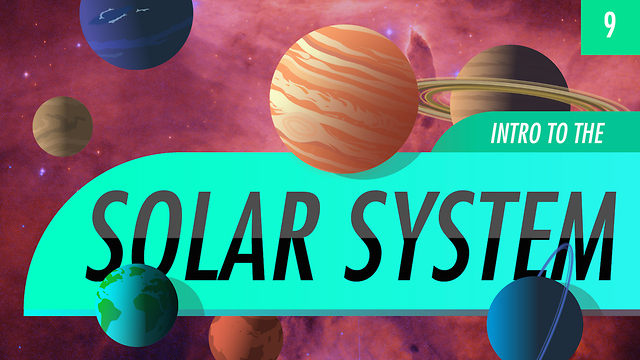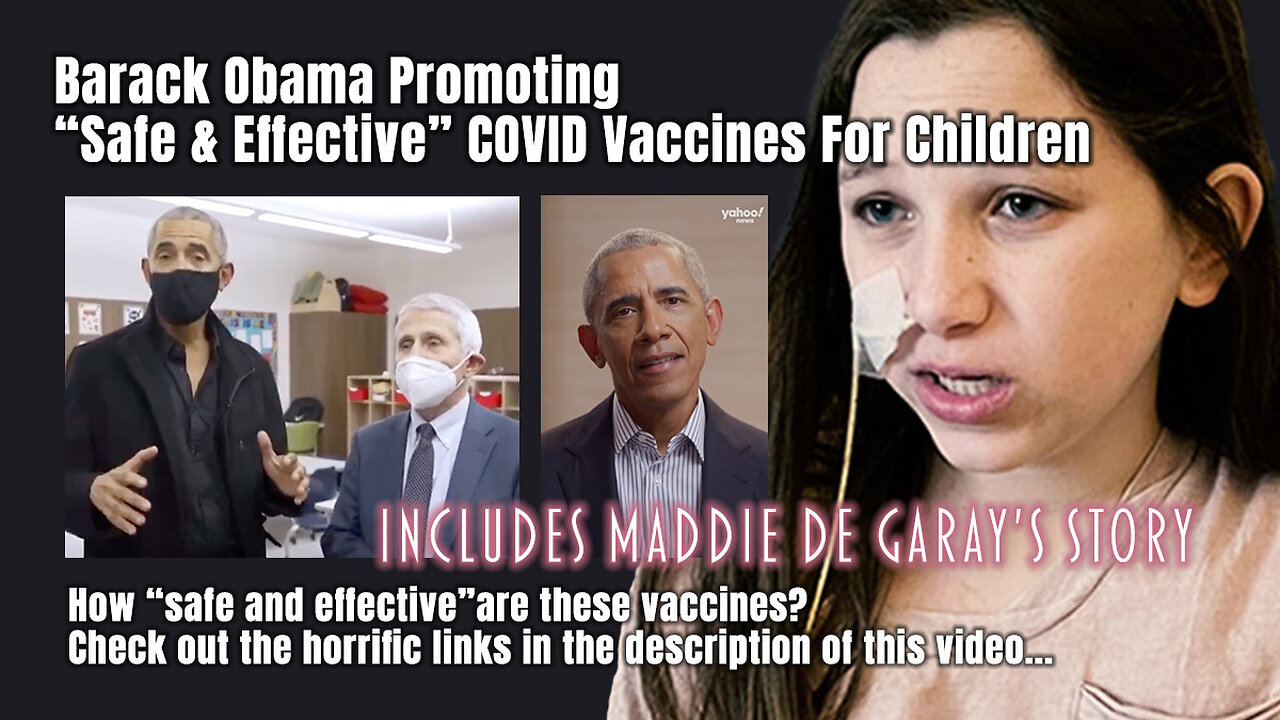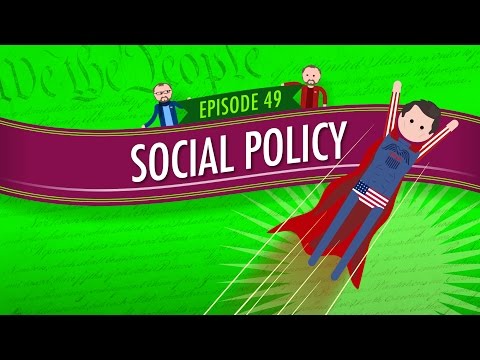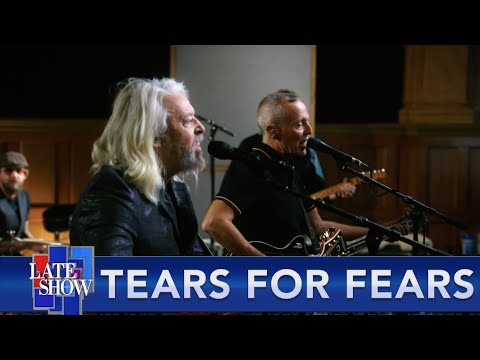Social Policy: Crash Course Government and Politics #49
expand_moreToday on Crash Course Astronomy, Phil dives into some very dark matters. The stuff we can actually observe in the universe isn’t all there is. Galaxies and other large structures in the universe are created and shifted by a force we detect mostly indirectly, by observing its impact: DARK MATTER.
In today's Crash Course Astronomy, Phil takes a look at the explosive history of our cosmic backyard. We explore how we went from a giant ball of gas to the system of planets and other celestial objects we have today.
Videos of Barack Obama promoting “safe & effective” COVID vaccines for children are followed by the heartbreaking story of Maddie de Garay who is one of THE THOUSANDS of children who have been killed and injured by COVID-19 vaccines.
Source Videos:
Dr. Fauci Visits Dc School To Promote Vaccines With Former President Barack Obama
https://www.youtube.com/watch?v=1H-nhBpey8U
Obama To The Youth In New PSA: Get Your COVID-19 Vaccine
https://www.youtube.com/shorts/FInw-8ZGDWY
Fauci and Obama ask that all children be C-19 “vaccinated" because "vaccines" are safe and effective
https://twitter.com/DrLoupis/status/1710578803796250881
Rigged: Maddie de Garay's Story (The Highwire)
https://rumble.com/v1fpa69-rigged-maddie-de-garays-story-the-highwire.html
................
Maddie de Garay's Story
Rigged: Maddie de Garay's Story (The Highwire)
https://rumble.com/v1fpa69-rigged-maddie-de-garays-story-the-highwire.html
Senator Ron Johnson & Families Speak: COVID Vaccine Adverse Reactions
https://rumble.com/vj8csd-senator-ron-johnson-and-families-speak-covid-vaccine-adverse-reactions.html
Stephanie De Garay's 12-Year-Old Daughter Volunteered For Pfizer Vaccine, Now She's In A Wheelchair
https://rumble.com/vjdye5-stephanie-de-garays-12-year-old-daughter-volunteered-for-pfizer-vaccine-now.html
................
Collection Of Peer Reviewed Case Reports & Studies Citing Adverse Effects Post Covid Vaccination
https://react19.org/science
Covid-19 Vaccine Pharmacovigilance Report
https://worldcouncilforhealth.org/resources/covid-19-vaccine-pharmacovigilance-report/
More Than 1,000 Peer Reviewed Articles On COVID Vaccine Injuries
https://community.covidvaccineinjuries.com/compilation-peer-reviewed-medical-papers-of-covid-vaccine-injuries/
COVID-19 Vaccination Stories, Side Effects & Healing
https://sunfellow.com/covid-19-vaccination-stories-side-effects-healing/
COVID-19 Vaccine Adverse Event Tracking System (VAERS)
https://sunfellow.com/covid-19-vaers/
COVID-19 Vaccine Bad Batches Reference Page
https://sunfellow.com/100-of-covid-19-vaccine-deaths-were-caused-by-just-5-of-the-batches/
Increasing Death Rates, Plummeting Birth Rates, Sudden Adult Death Syndrome (SADS)
https://sunfellow.com/increasing-death-rates-plummeting-birth-rates-sudden-adult-death-syndrome-sads/
COVID-19 & Antibody-Dependent Enhancement (ADE)
https://sunfellow.com/covid-19-antibody-dependent-enhancement-ade/
Covid-19 – Vaccine-Induced T Cell Suppression, Virus Activation, Cancer, Parkinson’s, Alzheimer’s
https://sunfellow.com/bhakdi-burkhardt-cole-hoffe/
COVID-19 Menstrual & Breast Milk Disruptions, Miscarriages, Infertility, Shedding, DNA Contamination
https://sunfellow.com/covid-19-menstrual-breast-milk-disruptions-miscarriages-infertility-transmission-shedding/
COVID-19 Psychosis
https://www.sunfellow.com/covid-19-psychosis/
COVID-19 - Mystery Clots In Vaccinated Deceased People
https://sunfellow.com/covid19-blood-clots-in-vaccinated-dead-people/
Has Our Blood Supply Been Contaminated By Vaccinated, Genetically-Modified Blood?
https://www.sunfellow.com/has-our-blood-supply-been-contaminated-by-vaccinated-genetically-modified-blood/
Censored, Sidelined And Villainized Doctors, Nurses, Health Care Workers Describe Their COVID-19 Experiences
https://sunfellow.com/censored-health-care-workers-describe-their-covid-experiences/
COVID-19 Healing Resources
https://sunfellow.com/covid-19-healing-resources/
